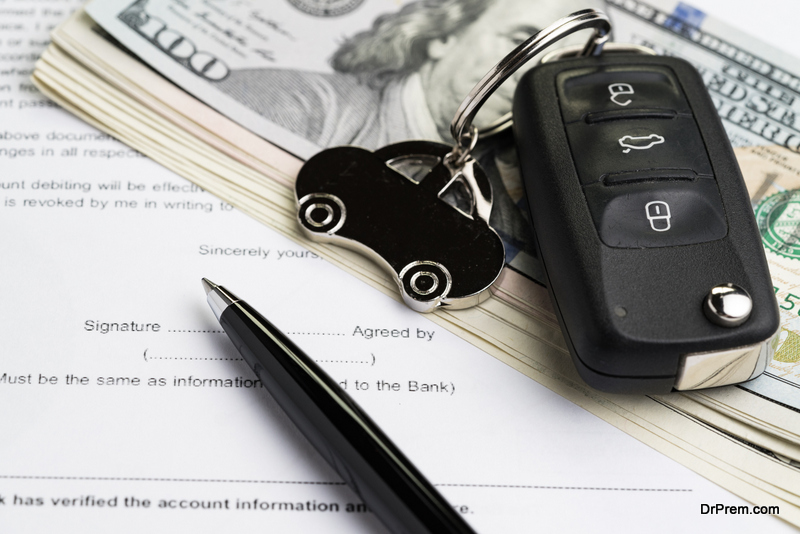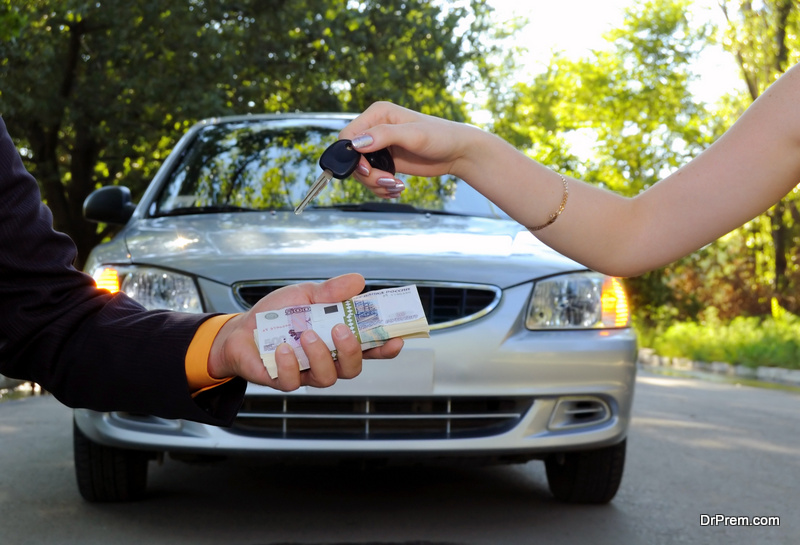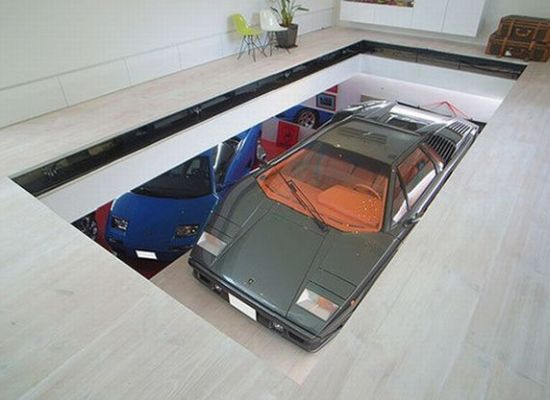No doubt about it, car buyers can access just about everything about new and used cars online. However, just because they can access this information doesn’t mean that is saving as much they can when buying a new car.
The sheer volume of information, much of it contradictory, can confuse even the most experienced car buyers. Think about it, you can search vehicle details, dealer inventories, compare prices, and even loans online.
While this information is supposed to help us make a better decision when picking out a new car, it often complicates matters. For example, would you drive two hours out of your way just to save $500 on a car that doesn’t have all the features you want? Granted, some will answer yes, but for many others, the reward just isn’t enough.
But this doesn’t mean that you can’t save money when buying a new car. On the contrary, here are five essential money-saving tips for car buyers. It doesn’t matter if you are in the market for your first car or if you or if you’ve been buying cars for 50-years. Everyone, including you, can use these tips to save money.
1. Sort Out Your Loan Before Going to the Dealer

You wouldn’t put an offer in on a home before getting preapproved for a mortgage, so why are you trying to buy a car without knowing how much you can borrow and at what interest rate?
These days, it is easier than ever to get preapproved for an auto loan online and having this information in your back pocket will help you save money in two ways. First, you can compare financing options. Second, the dealer might be willing to lower their price even further to get you to originate the loan through them.
The reason for this is simple, dealers get an origination fee for every loan they help bring in – this includes dealers offering in house financing. As such, you can use a pre-approved loan to get the dealer to sweeten the pot, either by lowering the purchase price, the interest rate, or both.
However, you still want to check the total cost of any loan you get approved for. This includes the down payment, origination fees, interest rate, and other charges as sometimes a lower interest rate doesn’t mean that you are paying less over the long run.
2. Keep it Simple
As mentioned, the volume of information available to car buyers these days has helped to complicate the process. While you should still educate yourself before buying a new car, one thing you want to do at the dealership is to keep it simple.
This starts by having a game plan and sticking to it. As such, start with the price and don’t get sidetracked by dealer questions regarding trade-ins and financing options. These questions are meant to divert your attention from the price of the car to your monthly payment.
Sure, how much you pay every month is important but the biggest single factor determining this is the price of the car.
Only when you’ve settled on the price of the car, and this includes any options that might be already in a car that’s on the lot, then you can get into the discussions over trade-in and financing.
Lastly, don’t be afraid to walk away as the dealer needs your business more than you need their car.
3. Don’t Get Boxed In

If you’ve bought a car before, you know the feeling. It’s almost as if the dealer wants to keep you in an interrogation room until you crack. This is one of their tactics as they are wearing you down until you say yes to gap insurance, $500 for tinting, $1,000 for heated rear seats, etc.
Don’t let this happen to you. For starters, you’re not a murder suspect, so don’t let the dealer keep you in a small room without being able to call your lawyer. Also, if you sense the dealer is stalling so they can come at you with options including gap insurance and other things you’ll never use, then don’t walk, run.
4. Long-term Car Loans Are Not Worth It
Be very wary of any financing option over four-years. The 48-months of car payments can seem like a lifetime. Sure, the longer the loan the lower the monthly payment. But these long-term loans will trap you with an aging vehicle while paying thousands more in interest.
If the only way you can afford the car you “want” is a long-term loan, then you might want to consider a less expensive car.
5. A Used Car Might Be A Better Option

While there is something about that new car smell, there are times when buying a used car might be a better option. Not only are they less expensive, but you can also get more options. If you are concerned about emissions, then go for a hybrid or electric car.
While you might not get a tax credit, a slightly used hybrid will produce less pollution than a brand-new gas guzzler. Just make sure you check out the batteries and their warranty before signing on the dotted line.
Article Submitted By Community Writer




